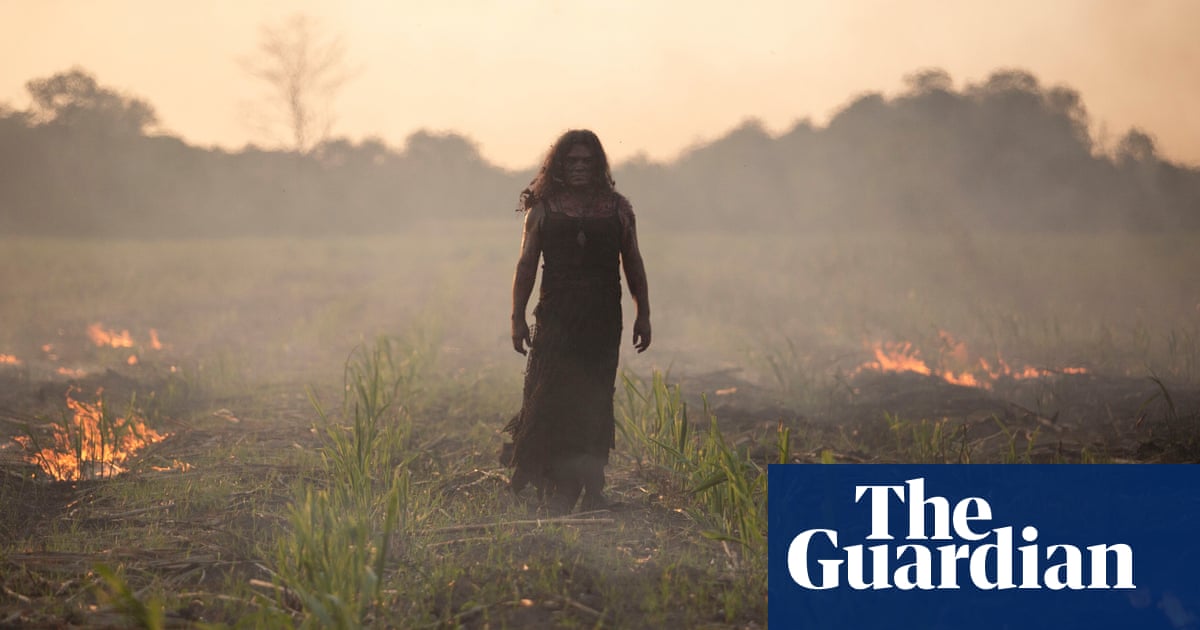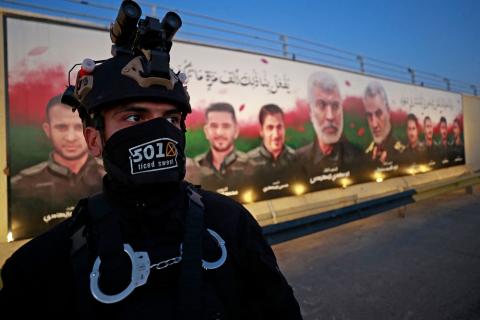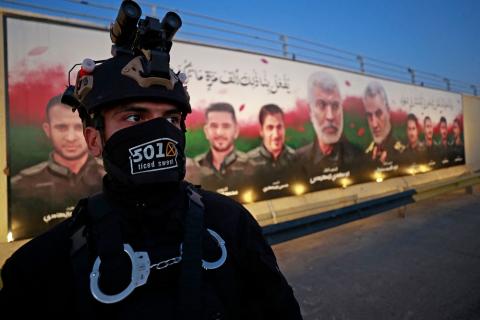
A group of children find a body in the river: the village witch, her throat slit, writhing with snakes.
The opening scene of Hurricane Season, a new Netflix movie based on the Mexican novelist Fernanda Melchor’s book, plunges the viewer straight into a tropical, lawless, superstitious version of rural Veracruz, Melchor’s home state.
Mexico has a level of violence rare in peacetime, and Veracruz, by some estimates, is the state with most victims of atrocities in 2023. It is also often among those with most femicides. Hurricane Season explores the genesis of this violence – but has been accused of riding too close to the edge of misery porn with its depictions of everyday sadism.
The story starts at the end, with the witch’s body – then goes back in time, as it layers on the perspectives of those on the periphery of the crime.
Melchor, who used to be a journalist, found her inspiration while reading through la nota roja – the crime pages.
“I opened a newspaper and saw the story of a corpse being found, who turned out to be the village’s witch,” Melchor said. “And then, later, a second story, saying they had the killer: the witch’s lover. He had dumped the witch, then the witch cursed his girlfriend. When he realised, he killed her.
“All human drama can be condensed into a crime story,” she added. “But in the nota roja, everything is told quickly. There is no social context, no political context. So I always thought I would write nota roja in a literary way.”
At first, Melchor planned to carry out a nonfiction investigation in the vein of Truman Capote’s In Cold Blood. But she decided the risks of going to the village and asking questions were too great.
“It was too hot,” said Melchor. “So I decided to do fiction instead, and to fill the gaps that should have been filled by investigation with my imagination.”
The book was published in 2017. Sophie Hughes’s translation was shortlisted for the 2020 International Booker prize.
“Something that fascinated me about Fernanda’s book was how it was an imaginary space to understand violence and where it comes from,” said Elisa Miller, who adapted and directed the film version. “There’s compassion for everyone. No judgment. Even for the ugliest.”
Melchor thinks the film is gentler, more loving, even, than her book – a statement that might shock anyone who has only seen the film. Certain scenes from the book were never filmed, partly out of concern for putting young actors through them. “The book is really more desperate, more desolate than the film,” said Melchor.
The violence depicted in Hurricane Season might be extreme, but violence as a subject for literature is nothing new in Mexico. Melchor says they’ve always gone together: from the founding writers of modern Mexican literature who emerged from the revolution, in the early 20th century, to the present, with writers like herself, Emiliano Monge, Luis Jorge Boone and Antonio Ortuño.
Violence in Mexico soared when the militarised “war on drugs” began in 2006, and it has remained high during the term of President Andrés Manuel López Obrador, which began in 2018. More than 30,000 people were murdered in 2022 – for the fifth year in a row.
“I think it’s natural for writers to focus on this terrible reality we are living in Mexico,” said Melchor. “After 15 years of this war – this low-intensity war with spikes of horrible violence here and there – we have become used to it. You don’t even see it in the news now. I don’t know whether this is censorship, or if it is simply no longer news.”
For some critics, though, Hurricane Season’s fixation on violence and misery goes too far. “We are left with anecdotes of murder, teenage pregnancy, clandestine abortion, rape, blood,” wrote Alonso Díaz de la Vega. “The obsession with horror is such that … [it] prevents us from seeing a single inch of the town that is not decadent.”
Another critic, Nicolás Ruiz Berruecos, described the film as “a safari from behind a bullet-proof window”.
The book triggered a similar debate when it came out six years ago.
“Why film this darkness? It’s a question I asked myself,” said Miller. “We made the film with the desire to cross the darkness. Something like this breaks the lens of privilege.










